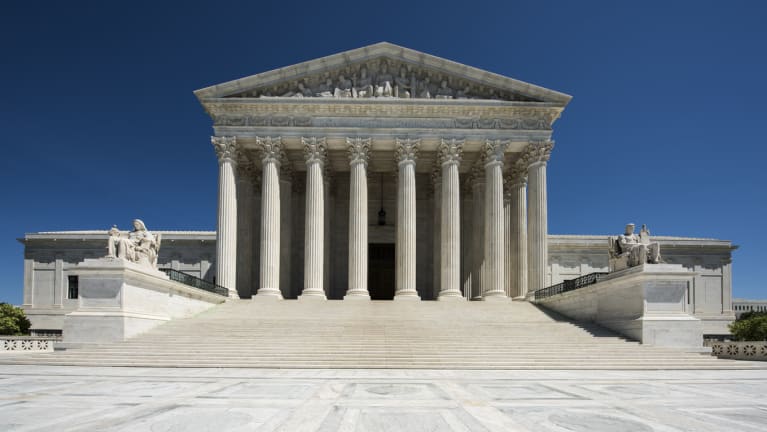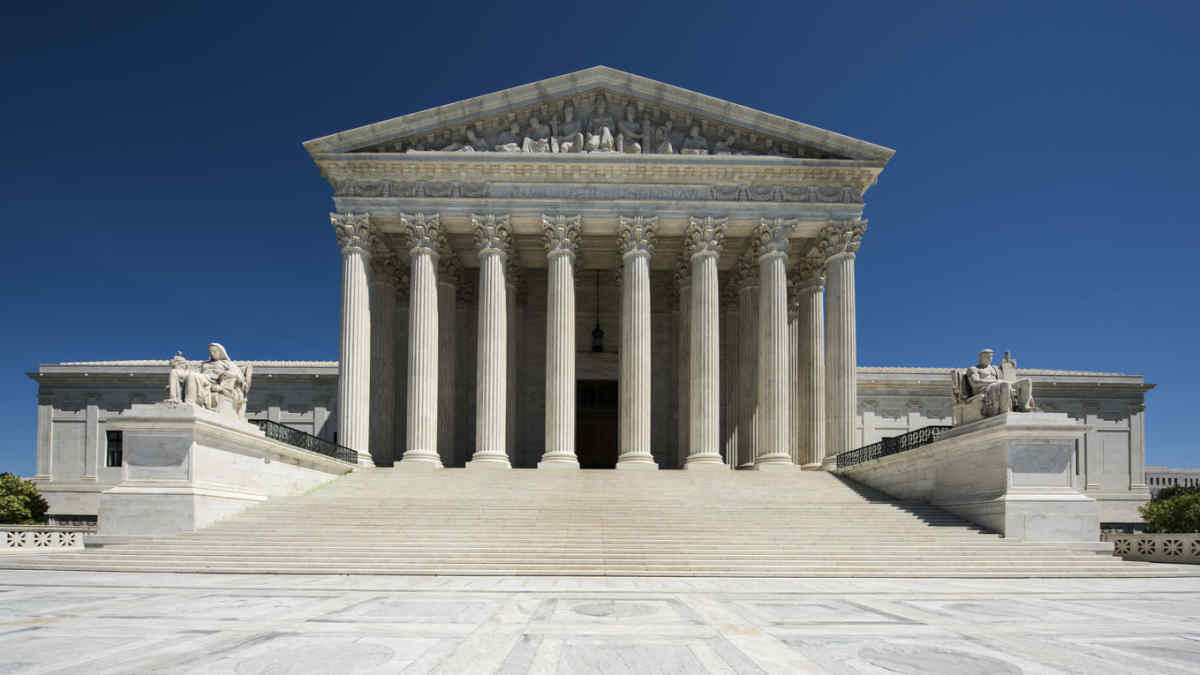

?A consumer arbitration case before the U.S. Supreme Court will affect how cost efficient arbitration is for employers. The case involves whether an appeal of a district court’s denial of a motion to compel arbitration stays the litigation or the litigation continues during the appeal.
“Many employers use arbitration agreements to provide a faster and less expensive manner of resolving disputes outside of court,” said George Reeves III, an attorney with Fisher Phillips in Columbia, S.C.
Another benefit of an arbitration agreement is that it can restrict employees from bringing class claims and allow employers to resolve claims on an individual basis, he noted. “If the Supreme Court sides with the plaintiffs in this case, then many of these benefits will be lost,” he said.
For example, in an individual claim, the employee will be able to continue to engage in expensive “discovery” in court while the employer awaits an appeals decision that may reverse the court and send the matter to arbitration. Discovery is the formal process of exchanging information between the parties about the witnesses and evidence they will present at trial. If claims are brought as a class, employees will be able to begin extensive and costly discovery they may not be otherwise entitled to while the matter is pending appeal, Reeves said.
The waste of time and resources for employers, particularly on uninsurable claims, would be unfair to companies, should the Supreme Court rule for the plaintiffs, said Corinne Spencer, an attorney with Pearlman, Brown & Wax in Los Angeles.
Whether a company should be forced to litigate a case in court while the appeal is pending “is a big deal,” said James La Rocca, an attorney with Hunton Andrews Kurth in New York City. If it turns out the company was right, and the case should have been stayed, “there’s no way to recapture the money and time needlessly wasted,” he said. “There’s a lot at stake.”
Case Before the Supreme Court
The case before the Supreme Court joins two class-action lawsuits filed in federal district court in California against Coinbase Inc., a currency exchange and transaction platform. The two class actions are Bielski v. Coinbase Inc. and Suski v. Coinbase.
Users of the cryptocurrency exchange platform agreed to arbitrate disputes with Coinbase on an individual basis.
The first lawsuit involved Abraham Bielski, who represented a class of similarly situated individuals, suing Coinbase for violating the Electronic Fund Transfer Act and Regulation E after he was allegedly scammed and lost $31,039 of cryptocurrency from his digital wallet.
The plaintiffs in the second lawsuit are suing Coinbase after participating in a sweepstakes that was allegedly misleading.
After the lawsuits were filed, Coinbase moved to compel the matters to arbitration based on the user agreement. A federal district court denied the motion, ruling that the arbitration agreement was too one-sided in favor of Coinbase and therefore unenforceable.
Coinbase appealed to the 9th U.S. Circuit Court of Appeals, asking the appellate court to stay the litigation of the lawsuits pending the appeal. The appeals court denied the request.
The company asked the Supreme Court to weigh in on whether such an appeal should stay the litigation. The Supreme Court agreed to hear the case.
Split Among the Appeals Courts
The federal courts of appeals are split on whether a nonfrivolous appeal of a decision denying a motion to compel arbitration should stay litigation, La Rocca said.
Six circuits—the 3rd, 4th, 7th, 10th, 11th and D.C. Circuits—have ruled that such an appeal stays the litigation.
Three circuits—the 2nd, 5th and 9th—have decided that such an appeal does not automatically stay the litigation.
Lengthy Appellate Process
“Appeals can result in long delays, often years,” Reeves said. That means that once an employer appeals a decision denying arbitration, plaintiffs must wait until the appellate court rules on the matter and the matter is back on track in either the court or arbitration before they can seek a remedy for the alleged harm, he explained.
If the Supreme Court finds in favor of the defendants, plaintiffs may be forced to wait years for resolution of their claims, considering the lengthy appellate process, Spencer said.
However, if the high court rules in favor of the plaintiffs, employers may have to spend “valuable resources and time publicly litigating a case in court that never should be there in the first place,” La Rocca said.

